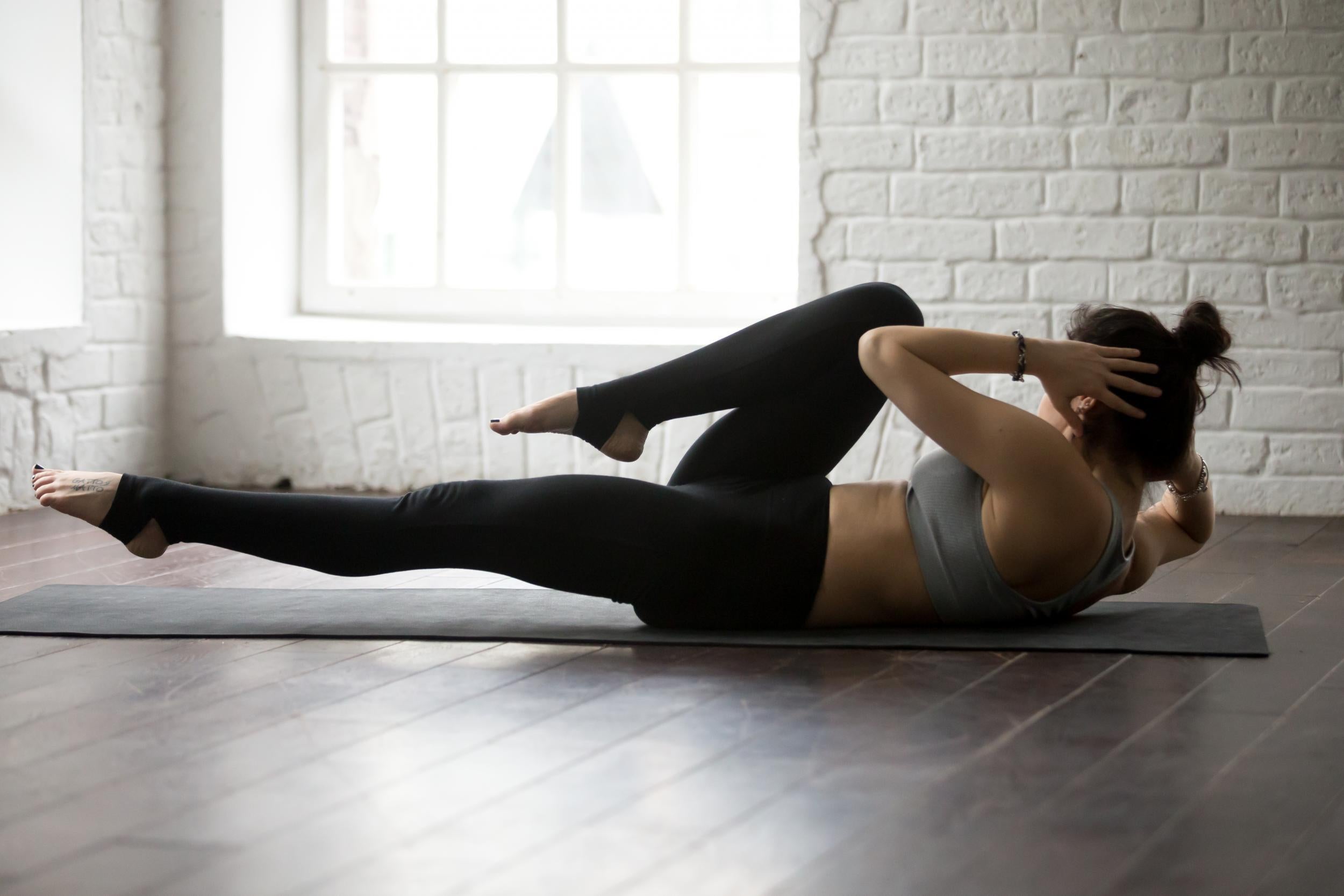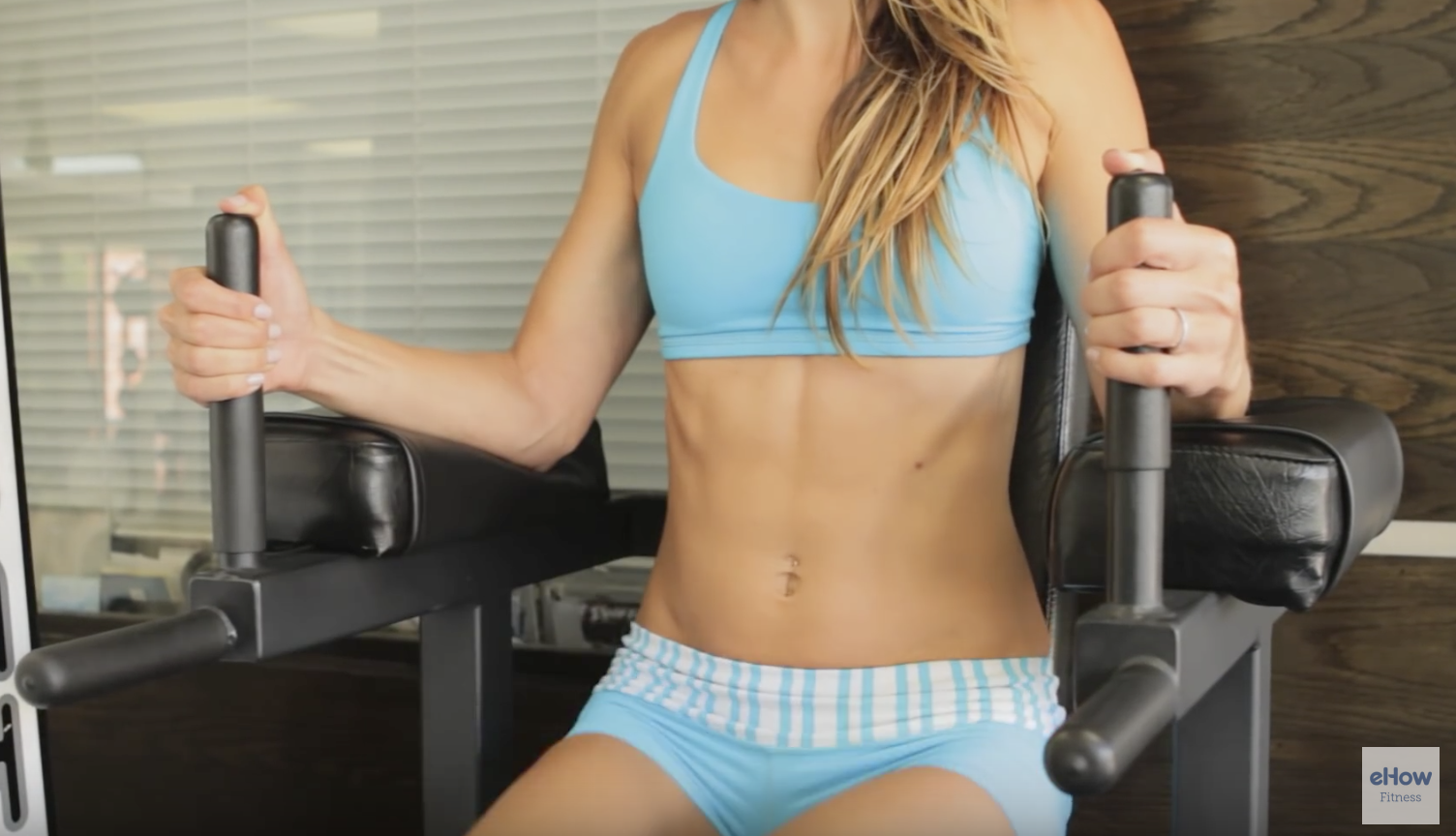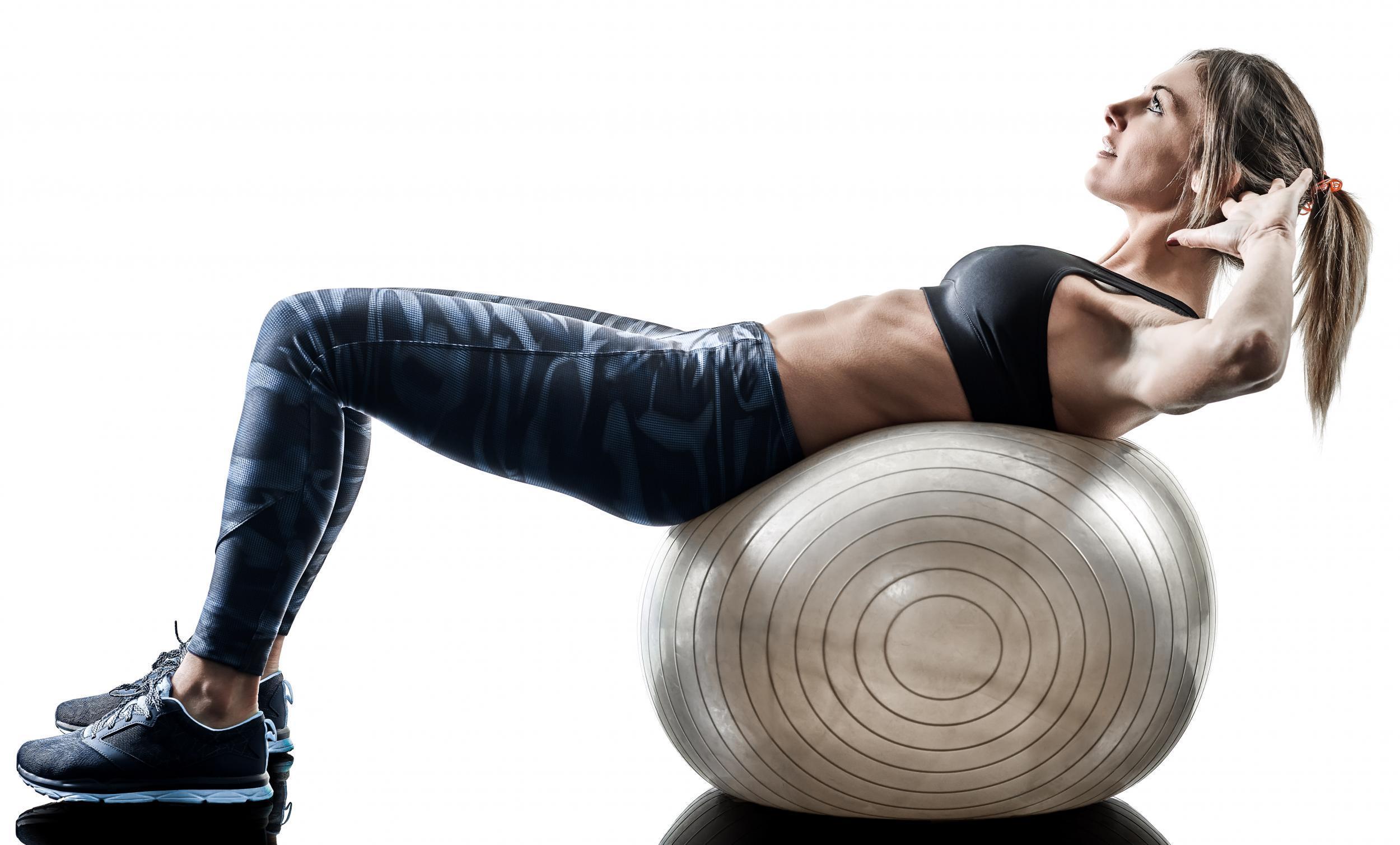These are the best home ab workouts for men and women
You can transform your abdominals in anywhere from three to 20 months

Your support helps us to tell the story
From reproductive rights to climate change to Big Tech, The Independent is on the ground when the story is developing. Whether it's investigating the financials of Elon Musk's pro-Trump PAC or producing our latest documentary, 'The A Word', which shines a light on the American women fighting for reproductive rights, we know how important it is to parse out the facts from the messaging.
At such a critical moment in US history, we need reporters on the ground. Your donation allows us to keep sending journalists to speak to both sides of the story.
The Independent is trusted by Americans across the entire political spectrum. And unlike many other quality news outlets, we choose not to lock Americans out of our reporting and analysis with paywalls. We believe quality journalism should be available to everyone, paid for by those who can afford it.
Your support makes all the difference.Six-pack abs are impressive to look at, and often conjure up images of hours spent in the gym - however, obtaining a strong core is surprisingly easy, if you know how.
Visible abs are actually made in the kitchen - a diet leading to a low body fat percentage is the most important things - but there are various workouts that will successfully harden and transform your abdominals.
According to a study done by the American Council on Exercise (ACE), there are three abdominal workouts that are most effective in achieving a strong core and washboard stomach muscles.
The Bicycle Manoeuvre, or bicycle crunches
According to the ACE study, this is the most effective ab workout.
For this position, you lie on your back on a yoga mat with your legs in the air and knees pulled towards your chest. Fingertips should be placed behind your ears.
To engage your core, contract your shoulder blades as you lift each side off the floor while straightening one leg and rotating your body. With each rotation, your elbow should reach towards your opposite leg.

The exercise uses all of the abdominal muscles, including the rectus abdominis - the front ab muscles that make up the six-pack.
Captain’s chair
For this workout, some gym equipment is required - a captain’s chair or a seat-less chair with back and armrests.
To use the captain’s chair, let your legs dangle straight down before raising your knees towards your chest.

Engage your ab muscles by pulling them towards your spine, and then slowly lower your legs. Repeat.
This exercise stimulates both the abdominals and the obliques.
Crunch on exercise ball
The third most-effective abdominal workout, crunches are often the first exercise people think of when they are targeting their abs.
However, crunches done on a medicine or balance ball will engage the core even more than a regular crunch.

To do this exercise, lie on a ball with your hands behind your head and carry out a typical crunch exercise of leaning back and using your core muscles to then bring you forward.
According to the researchers, although the exercise generated less activity in the obliques and abdominals, it targeted the location more precisely.
This exercise is especially effective because it also requires balance, which engages smaller ab muscles.
The study, led by Phd Peter Francis at the Biomechanics Lab at San Diego State University, compared 13 popular abdominal exercises, some involving equipment, and ranked them from most to least effective.
The exercises were ranked by muscle stimulation in the rectus abdominis, the front ab muscles, and the obliques, the muscles extending from the sides of the abdominal wall.
In addition to making you appear “in shape,” abs are also important - as a strong abdominal wall is necessary to protect the spine and keep posture upright and straight.
If you have set out to achieve a six-pack, it will likely take you anywhere from three to 20 months, according to ACE.
However, make sure your diet is on par with your goals, as hours of hard work can be sabotaged by what you eat.
This article was originally published in August 2018.
Join our commenting forum
Join thought-provoking conversations, follow other Independent readers and see their replies
Comments